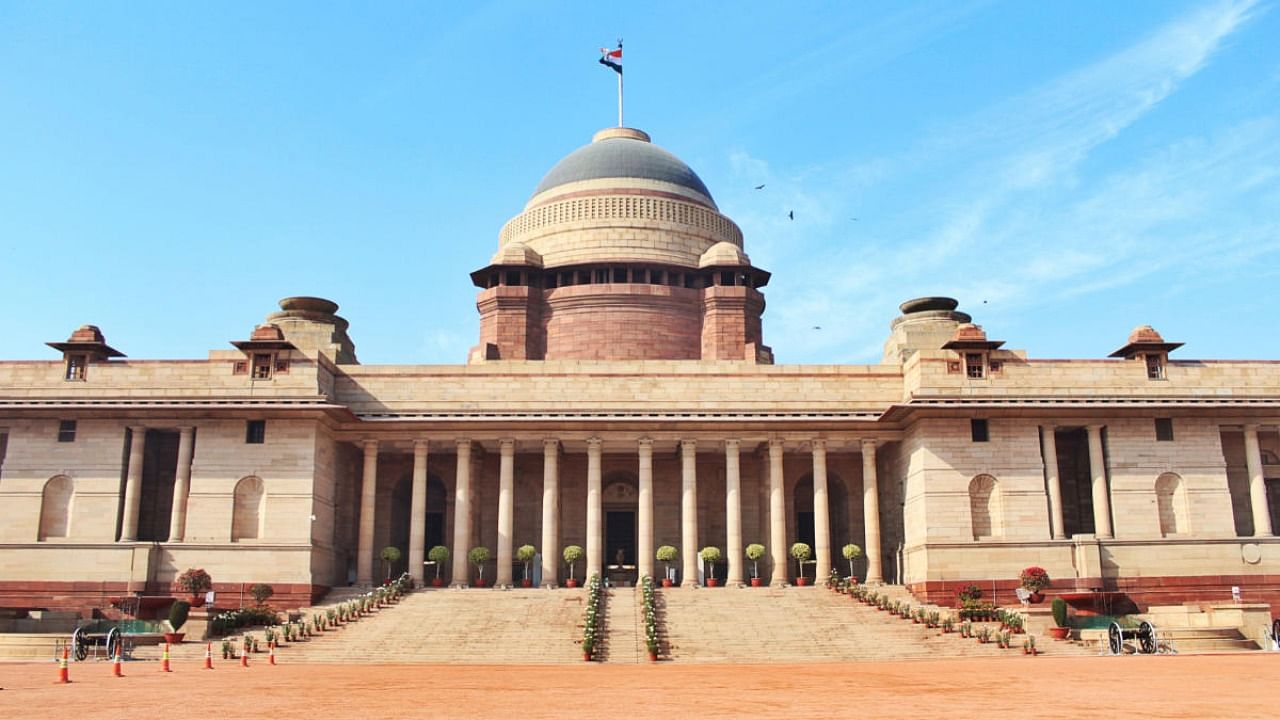
The line-up for next month’s Presidential election is now clear with the announcement of candidates by the BJP-led NDA and the Opposition parties. The candidature of Odisha’s tribal activist and former Jharkhand Governor Droupadi Murmu, named by the BJP, is not a surprise as it was known that she was at the top of the list of the party’s probable candidates. Former Union minister and Trinamool Congress leader Yashwant Sinha is the nominee of the Opposition parties. The office of the President is titular but it is the most prestigious and a very visible symbol of the state, and hence the Presidential election draws much interest. Though the office is above politics, the contest is often political, with parties trying to send out a message with their choice of candidates and their political alignments.
The choice of a woman and a tribal leader for the office is in line with the BJP’s political plans. She is certain to win the election in the present scenario dominated by the BJP and its allies. Murmu will be the second woman President of the country. The BJP has recently set much store by the women’s vote. It has also tried to reach out to the Scheduled Castes and Scheduled Tribes (SCs & STs), and so a candidate from a tribal community would be an appropriate successor to a President from an SC community. It is part of the party’s plan to change its political and social profile. The BJP may also have reckoned that Murmu’s candidature will benefit the party in the Assembly elections in Gujarat, Jharkhand and Chhattisgarh, states with sizeable tribal populations. It will also ensure the support of the BJD in the Presidential elections. It should be noted that Odisha is a state where the BJP has serious plans to expand.
Opposition candidate Yashwant Sinha, an early reformer and administrator, starts with the disadvantage of numbers. He does not also enjoy the support of all Opposition parties. Sinha emerged as a consensus candidate of most parties after some others — NCP president Sharad Pawar, former West Bengal Governor Gopalkrishna Gandhi and National Conference leader Farooq Abdullah — opted out. The unity of Opposition parties is still a work in progress and there are many hurdles, including egos, personal ambitions and political interests, to be overcome to achieve it. But it is important that the Opposition put up a strong and credible fight in the Presidential election. It also has an opportunity to send out a message with its campaigning to strengthen its plans and positions stretching to the 2024 battle.